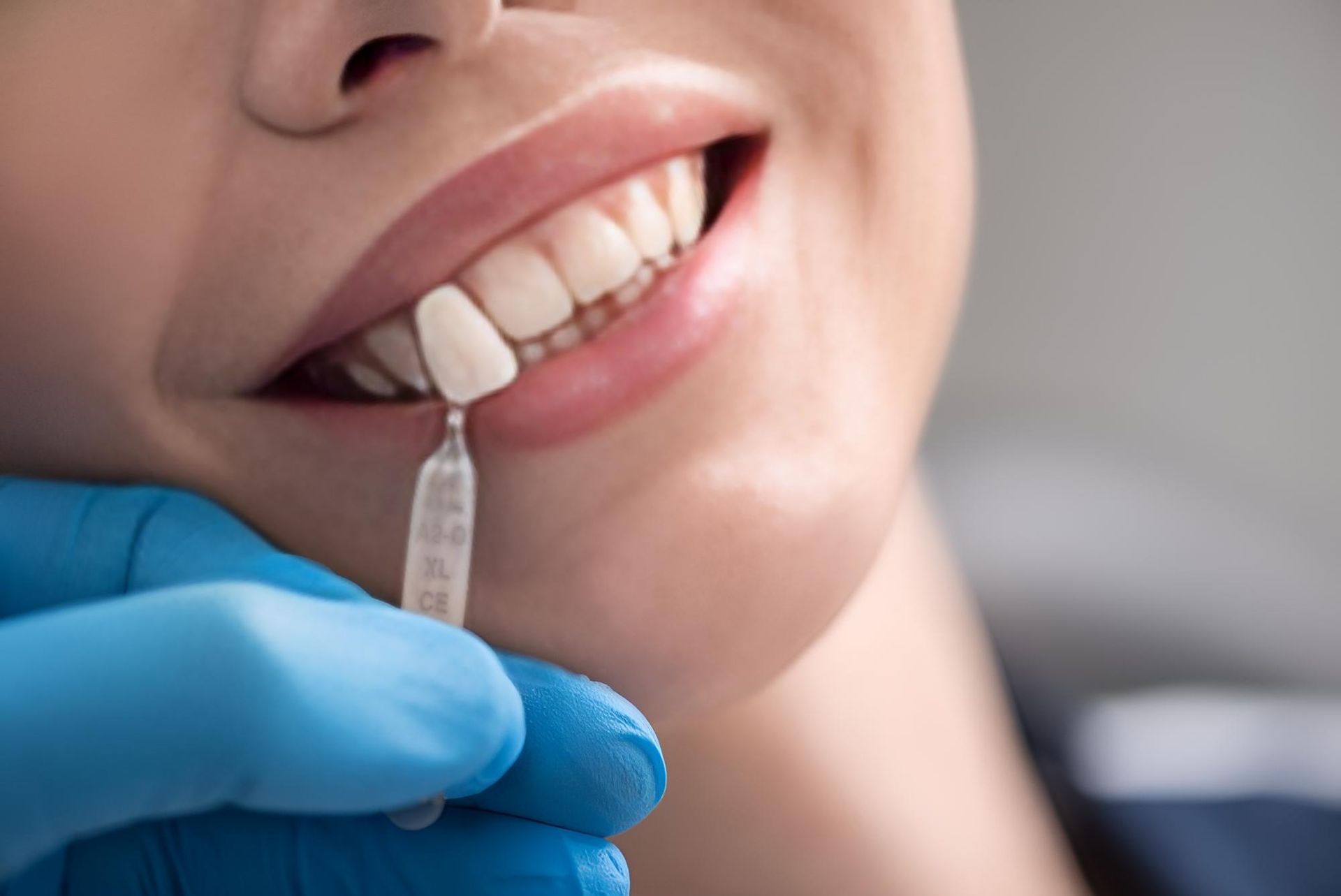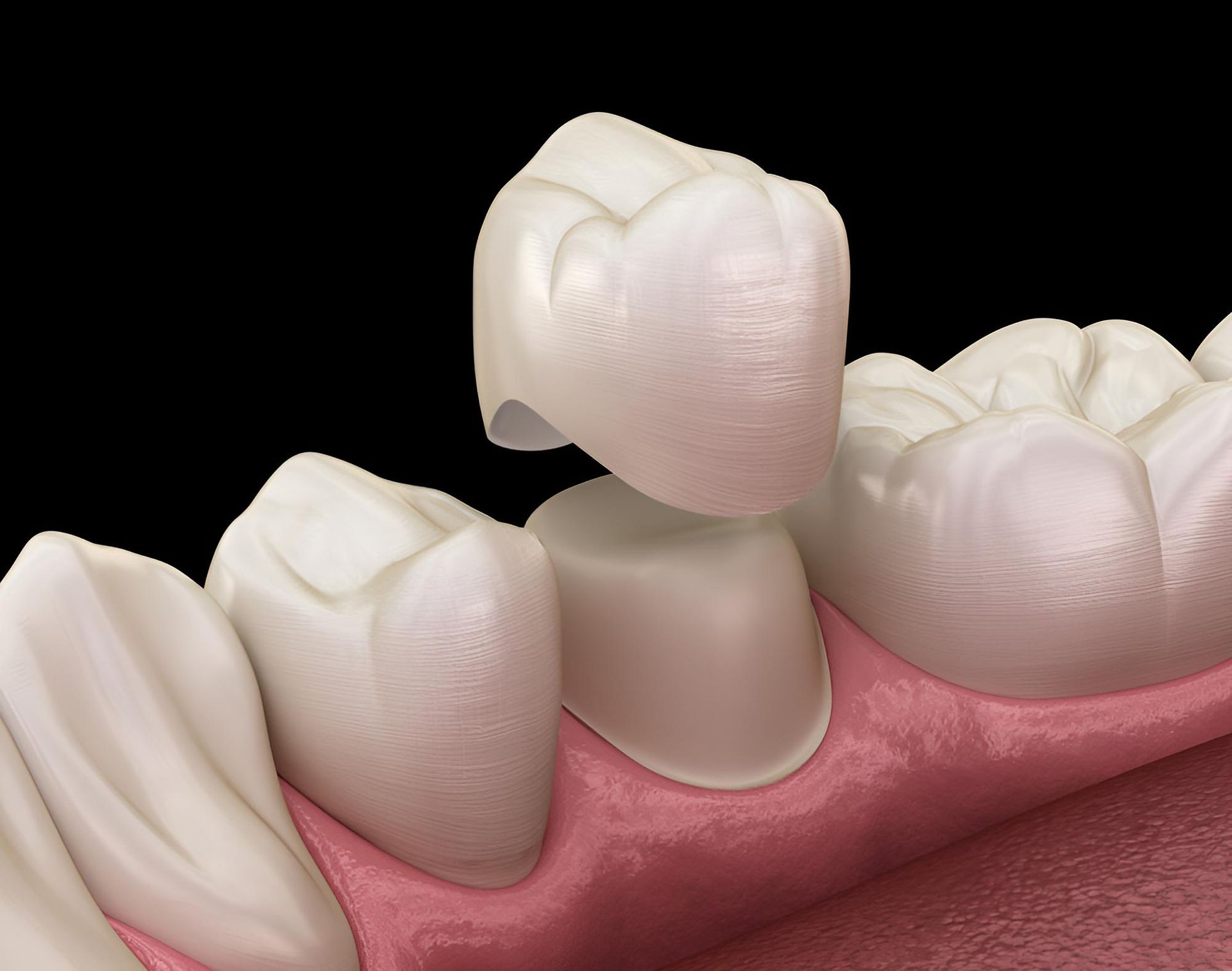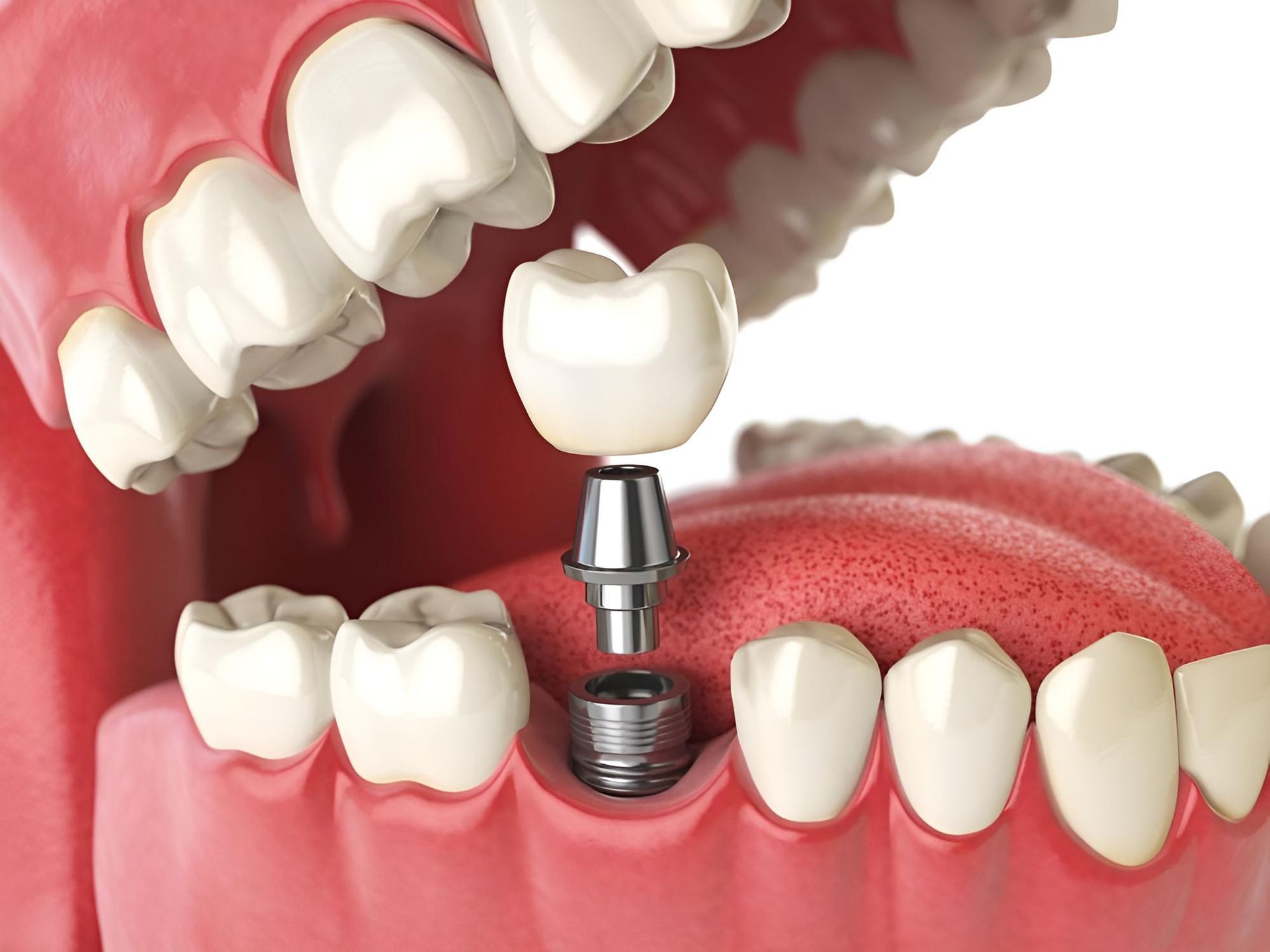Trower Dental
Dental Crowns in Darwin
- Holistic Dental Approach
- Comprehensive and Affordable Care
- Patient-Centred Comfort
Request a Call Back
Thank you for contacting Trower Dental.
We will get back to you as soon as possible.
Oops, there was an error sending your message.
Please try again later.
Improving the Strength and Appearance of Your Teeth
Damaged or weakened teeth can interfere with everyday comfort, appearance, and function. At Trower Dental, we provide dental crowns in Darwin to strengthen and protect teeth that require additional support, whether following a filling, fracture, or the natural effects of wear over time.
Each crown is carefully crafted to restore shape, stability, and durability while blending seamlessly with the surrounding teeth. Using trusted techniques and materials, we create crowns that are tailored to your needs, helping maintain balance in the way you chew, speak, and smile with confidence.
Our goal is to make your dental visits simple and practical. To find out more about how a dental crown might help you, call us on
(08) 8945 4022. We also offer
bridges,
veneers and more.
What Our Crowns Assist With
Dental crowns can support teeth that are worn down, damaged or at risk of further issues. Our dental crowns are tailored to meet your needs and may assist in a variety of ways:
- Reinforcing Weakened Teeth: A crown can provide support to teeth that have been structurally compromised due to decay or large fillings.
- Restoring Broken or Cracked Teeth: Teeth that have fractured can be protected and reshaped with a crown to improve function.
- Protecting Teeth After Root Canal: Crowns are often used to cover teeth following root canal therapy, helping reduce the chance of damage.
- Covering Misshapen or Discoloured Teeth: A crown can cover cosmetic imperfections and restore a more balanced appearance to your smile.
- Holding a Dental Bridge in Place: Crowns may act as anchors for bridges, helping to replace missing teeth securely.
Dental crowns offer a practical solution for a range of dental concerns. Speak with our team to learn how a crown might support your dental care.
Our Crown Process
Getting dental crowns involves a multi-step process designed to suit your individual dental needs. At your first appointment, we begin by preparing your tooth to the ideal shape for crown placement. A digital impression is taken using an intraoral scanner, along with DSLR photographs, to record the exact colour, shape, and position of your teeth.
These records are sent to an Australian dental lab where your crown is carefully designed and constructed to ensure a proper fit. While the permanent crown is being made, a temporary crown is placed to protect your prepared tooth and maintain function during the interim period.
At your second visit, the custom-made crown is checked for fit and appearance before being bonded in place with cement. This process allows us to restore your tooth’s form and function while complementing the surrounding teeth. It’s a considered and personalised approach to dental crowns.
Do dental crowns feel like natural teeth?
Once a crown is fitted, it is designed to feel similar in size and shape to your natural tooth. After a brief adjustment period, most people find that their crown feels comfortable and functions normally. While the material is different from enamel, it shouldn’t cause discomfort or noticeable changes in your bite. Any persistent sensitivity or discomfort should be checked to ensure the crown is fitting as it should.
Can I eat normally with a dental crown?
Yes, you can eat a wide range of foods with a crown once it’s securely in place. However, it’s best to avoid very hard or sticky foods, especially in the first few days after placement. Crowns are strong, but like natural teeth, they can still chip or become dislodged. Maintaining a balanced diet and avoiding habits like chewing ice or pen lids can help keep your crown in good condition for longer.
What materials are dental crowns made from?
Dental crowns can be made from various materials, including porcelain, ceramic, metal alloys, or a combination. Porcelain and ceramic crowns are often used on front teeth for a more natural look, while metal-based options are popular for back teeth due to their strength. Some crowns combine porcelain fused to metal, balancing durability with appearance. The choice of material depends on the tooth’s location, functional needs, and aesthetic preferences discussed during your appointment.







